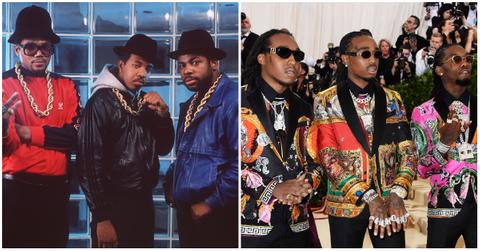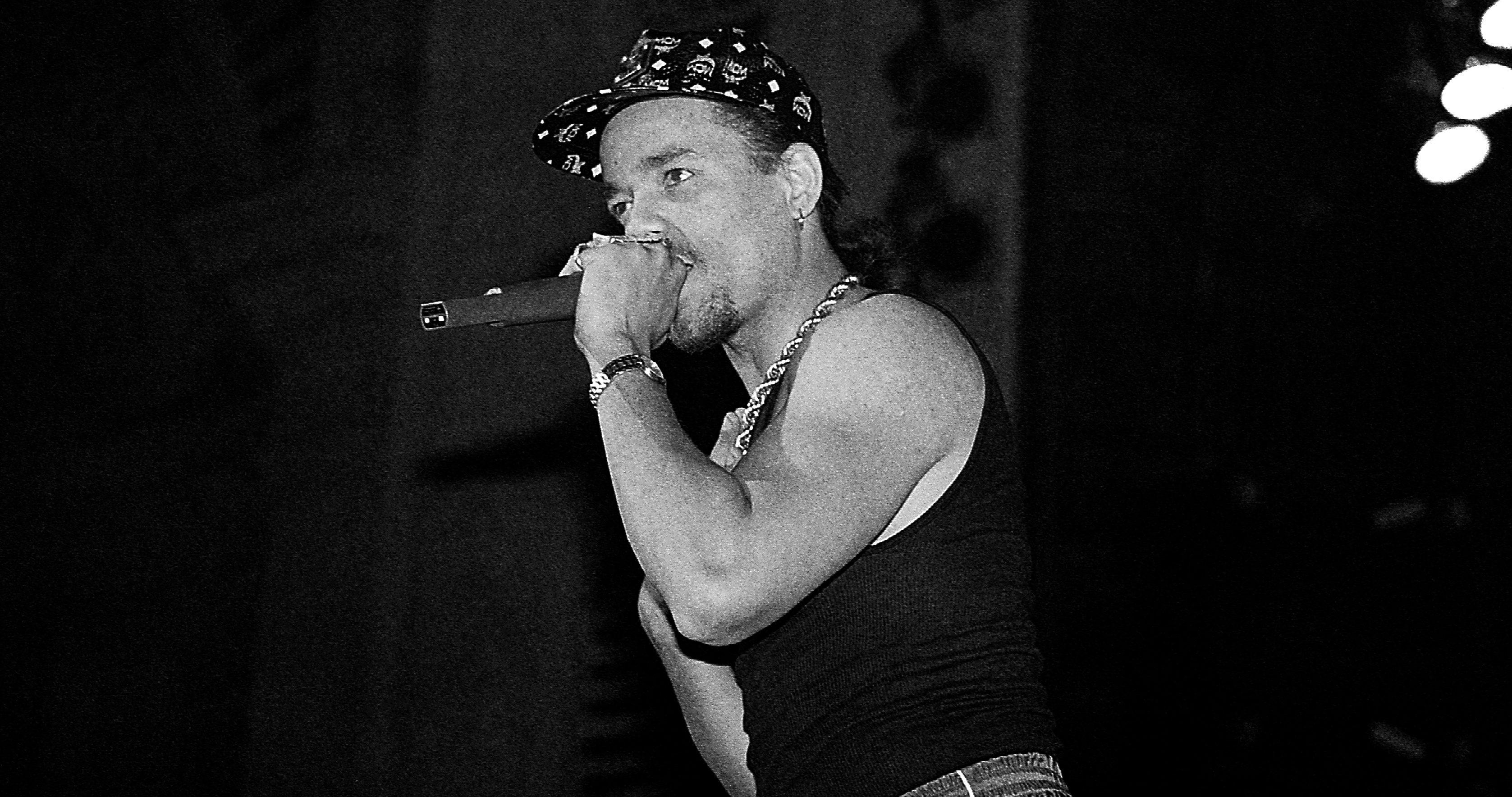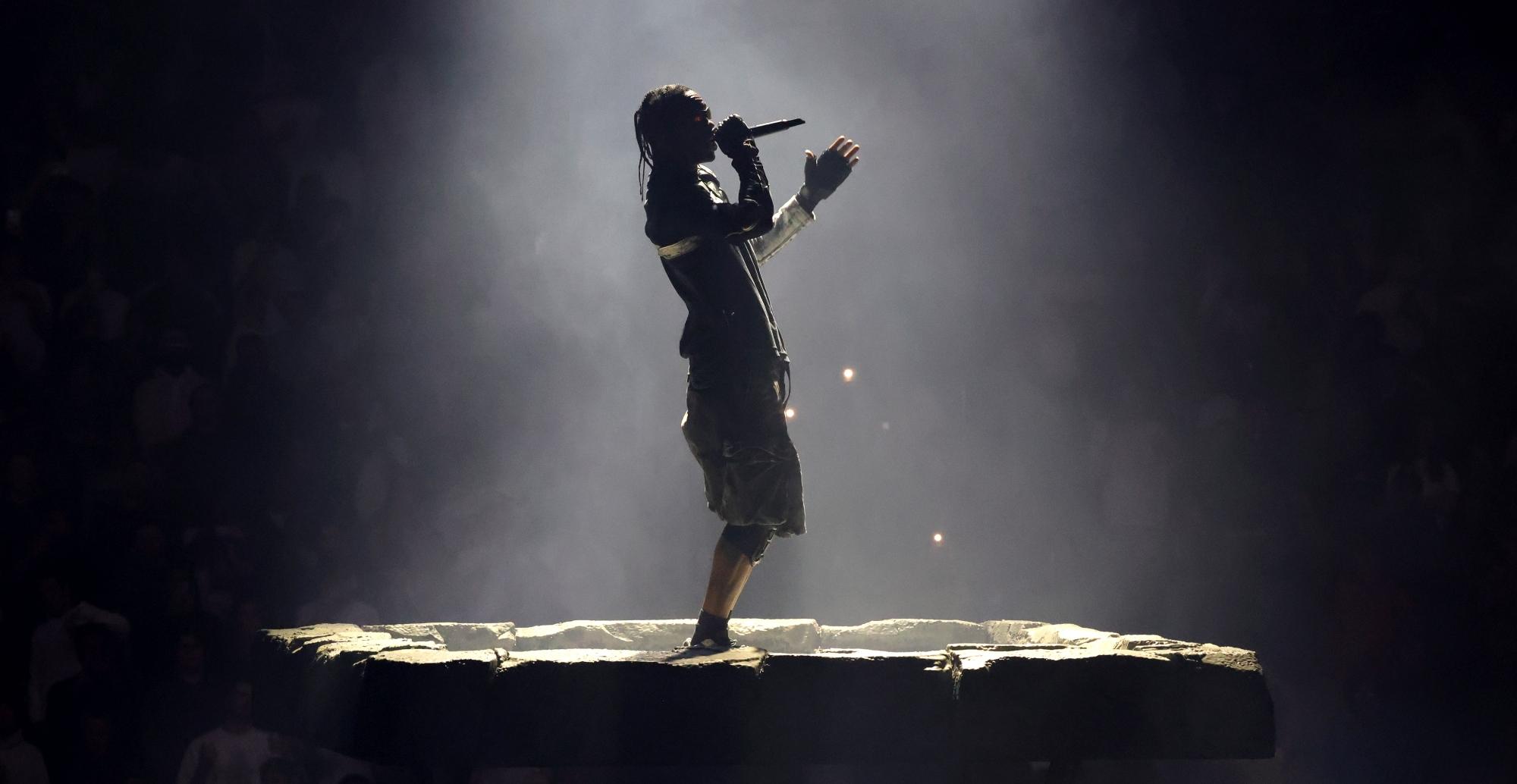
Old-School vs New-School — Exploring the Great Debate on Whether Old-School Hip-Hop Reigns Supreme
Since the early 2000s, original rap fans have debated whether old-school hip-hop is better than new-school. Let's explore both sides.
By D.M.Jan. 26 2024, Published 5:20 p.m. ET
Hip-hop lovers often debate whether the new wave of rap music is better than the genre’s early days. That makes sense, given hip-hop has undergone a significant transformation over the decades.
Old-school hip-hop witnessed the rise of legendary artists like Grandmaster Flash, Run-DMC, and Public Enemy. The era, characterized by its raw beats, socially conscious lyrics, and turntable performances, holds a special place in the hearts of O.G. fans.
However, as hip-hop continues to evolve with new sub-genres, styles, and voices, some are finding it hard to accept the shift.
The consensus among many listeners is that old-school hip-hop adhered to standards that the new generation has failed to uphold. Meanwhile, others suggest that modern rappers are breaking the mold and expanding hip-hop’s borders.
Let’s dive into the debate by discussing the discourse surrounding the foundation of old-school hip-hop and its superiority over the contemporary music scene.
Hip-hop’s “golden era” paved the way for today’s artists.
There are a number of hip-hop heads who argue that the genre, once known for promoting social consciousness and bringing attention to issues impacting the Black community, has lost its way.
Some of hip-hop’s icons have also expressed their disdain for the current state of the genre, taking shots at artists who stray away from rap’s roots. At the height of Soulja Boy’s career in 2008, he was targeted by Ice-T – who suggested that the “Crank That” star “killed hip-hop.”

Rapper Ice-T performs at the Riviera Theatre in Chicago, Illinois in January 1989.
“Soulja Boy, I know you're young enough to be my kid, but you single-handedly killed hip-hop,” Ice-T raps on the Black Ice Urban Legends mixtape.
“That s--t is such garbage / You can't do that. We came all the way from Rakim / We came all the way from Das EFX. And you come with that Superman s--t.”
Soulja responded to the jab, releasing a since-deleted YouTube video slamming the veteran rapper, but the feud led to a larger conversation.
As old-school enthusiasts lament a perceived decline in the complexity and depth of rap music, lovers of modern hip-hop believe that the evolution of sound reflects the changing dynamics of society.
The new wave of hip-hop shows how much the genre has evolved.
There’s no debate that the sound of hip-hop has changed, as the genre has evolved beyond the beats it was once known for. Contemporary music has seen an increasing amount of innovation.
New school rap brings its own flavor, catering to a new generation with a different set of struggles and experiences. Rappers like Lil Uzi Vert, Travis Scott, and Cardi B have helped diversify hip-hop by pushing the boundaries of the genre.

Travis Scott performs at Madison Square Garden.
With the addition of trap beats and drill rap, a new slate of talent has emerged as proof that the game has changed.
Despite pushback from old-school hip-hop heads, supporters of the modern era emphasize the genre's ability to adapt to a rapidly changing musical landscape. Since its creation in the 1970s, several sub-genres of hip-hop have emerged and they are setting new standards for rap.
Which wave of hip-hop is better?
There is no right or wrong answer to this, as hip-hop enthusiasts can simply satisfy their love for the genre by listening to their artists of choice.
As we celebrate the classics that laid the groundwork, let's also embrace the sounds that keep the genre alive and thriving. Change is inevitable — so, original rap fans will have to adjust or stick to the classics.
Yes, the debate will rage on, but it’s clear that the magic of hip-hop lies in its ability to evolve while preserving its roots.
The author’s content and opinions have not been pre-reviewed, approved or endorsed by Discover.

